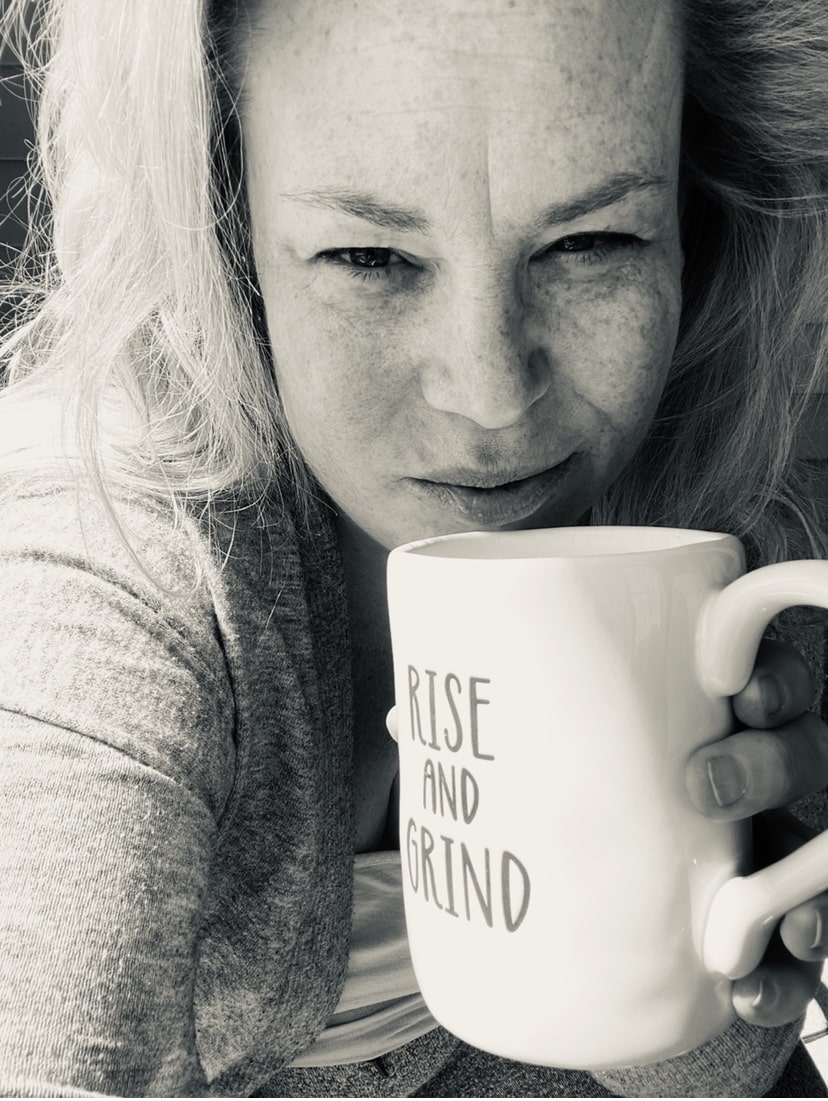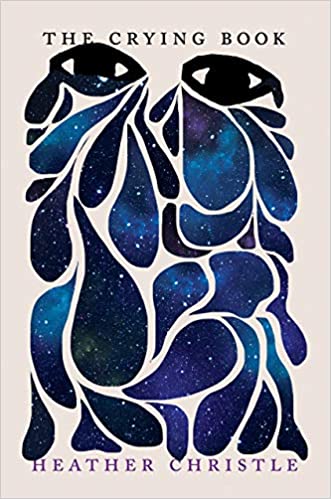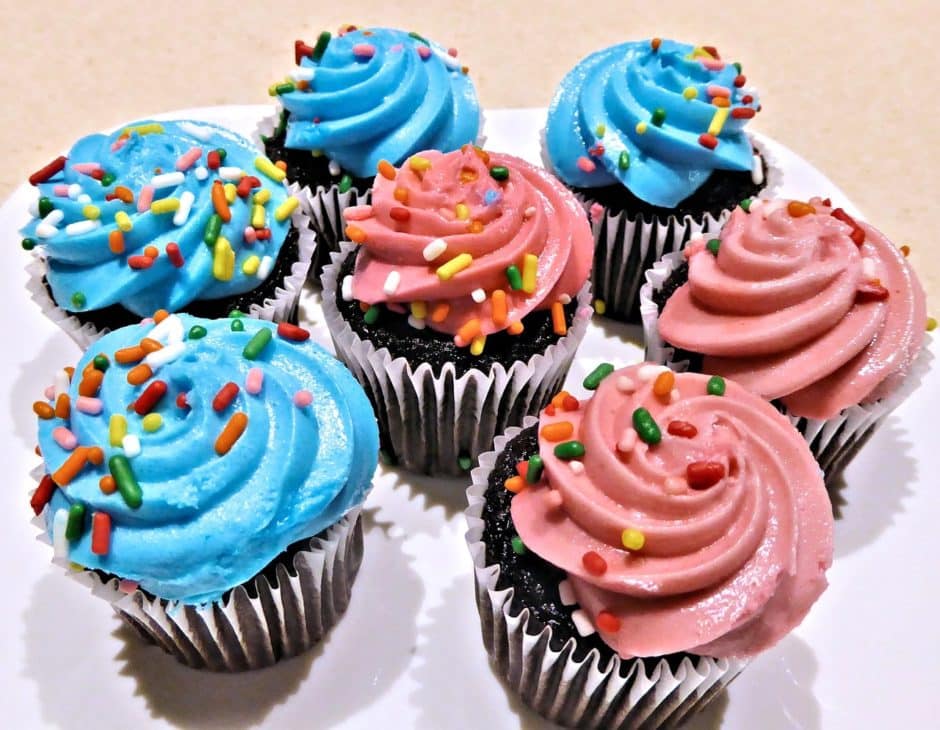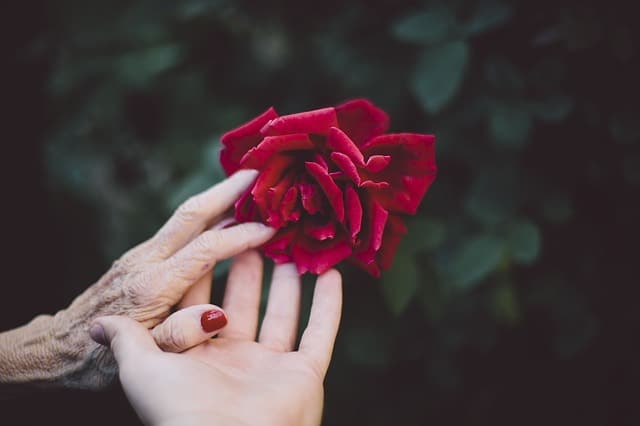By Shell Feijo
Goddess delineates the cusp of my navel
Stretch marks circle my thighs, stripe my ass, sag into skin hanging as wings
My knees crack, random ache in an ankle
Twinges I don’t remember
Reminded of space and time
Baby girl curling body hiding from yelling mother
Little girl learning to keep her mouth shut
Silence is necessary
Cigarettes come to close
Cherries burn
Why is it a cherry, its not sweet or red
Orange fire turns gray ash in blonde hair and the smell of girl skin.
Thighs ache
Bottom burns
Rashes with names
From infections she should never have
Step fathers like little girl bodies
Mothers do too
Ripe for destruction.
Burn marks mixed with freckled tattoos of time and loss and men and love and babies
States and food and sex and starvation
Scars, dimples
Stories in skin.
Oakland target
Trafficked before it was trafficking
Fifty dollar teenage girl
Riding buses with pimps who didn’t drive their cars
Anything for a meal
A bed
Warmth
An arm to keep her safe.
She warns
Protects
Acts in my defense
Keeps me alive
Foster home
Group home
Cottage
Shelter
Bull pen
Foster home
Thirteen Times
Sixteen marriage
Little girl face, stringy blonde hair
Ripe
Running
Scared
Survival.
She did what she needed to.
See how she can disassociate?
Twenty to forty
Never look in mirrors
Never below the neck
Move through the world in fear
Acting
Impenetrable stubbornness camouflaged as strength
Babies and beatings and bottles thrown
Body keeping secrets between heated folds.
At forty, few fucks left to give. I dance with her, start to think about her, rub her, talk to her
Her response? Smooth and forgiving
“Welcome,” she says. “I’ve been waiting.”
But when I love her fierce, outside? Push back.
The white boys on the Pentacrest of the college town yell, “Roll her in flour and look for the wet spot!”
The white women online, “Go to the gym/ try this/that/shame on me I ate/try this and this and this and this/its worth the money in the end/fat fat fat fat fat
She was not beloved, she was shunned. There was no discussion of thick white women when I was a child budding big hips and a round ass. There was no love of flesh that ripples. There were only skinny blonde women with long cigarettes to keep them from eating.
But I’d seen them – women in my neighborhoods, strong hips and moving bodies of all sizes, shapes, and shades, wearing tight shorts if it was hot, tank tops with no bra, big breasts hanging – laughing and cooking and loving all the same. Even in the pain. Laughing. I paid attention.
The men though
Give me, give me, give me
Age is just a number
Old stories
Act.
There are skin stories and there is culture and there is racism and there is aging and there is writing and there is brand making and there is capitalism and my body doesn’t fit. Alive little girl in the system that tried to kill her now a grown woman.
Reclaiming
Body
Pain
Sex
Love
Joy
Beauty
Scars
Dirty.
Balled up bracing for a mans fear turned to fist
Protects me
Holds me tight
Helps me get loose
She holds memory
Loss
Triumph
That 5K
Pushing
Burning
Babies
Meals
Wanting
Him
Morbidity and all their labels
Thicc
Fat
Teased
Once, a long time ago, too thin
Too many freckles
Too much love
Too much want
Too much desire
She has always been too much
And always just enough
And no one
Ever
Truly hears her.
She has lines
Scars
Puckers
Deposits
Still
She wakes up every morning
She loves me fierce
Pulls in breath
Lets me know I am thirsty
Growls at me for food
Reminds me the world is still out there
I can move through it
however that takes shape.
I go to Instagram to look at Lizzo
Goddess
I watch her and love her love of her body. I smile at Lizzo twerking and holding her belly, praising it, and laughing and eating and loving and loving and loving. And I am not Lizzo.
I want to twerk by a pool and hold my belly and take fabulous pictures that show my glorious traumatized beautiful fucked up body. She kept me alive, whole, and I am here, survivor.
Fifty.

Shell Feijo is a former foster kid from the streets of Northern California. She never graduated from high school, but she earned a PhD from a fancy midwestern university. She is a workshop facilitator for A Trauma Healing Center (ATHC), a new site being developed for holistic healing from trauma. Her publications have appeared in Nailed, The Fem Literary Magazine, Utne, Hip Mama, The Manifest Station, and the edited collections Places Like Home and Without a Net: The Female Experience Growing Up Working Class, among others. Her memoir of surviving foster care and the streets is forthcoming.
Photo Credit: Marques Brooks- Divine Media Group LLC
~~~~~~~~~~~~~~~~~~~~~~~~~~~
A book about tears? Sign us up! Some have called this the Bluets of crying and we tend to agree. This book is unexpected and as much a cultural survey of tears as a lyrical meditation on why we cry.
Pick up a copy at Bookshop.org or Amazon.
~~~~~~~~~~~~~~~~~~~~~~~~~~~
Anti-racist resources, because silence is not an option
~~~~~~~~~~~~~~~~~~~~~~~~~~~







